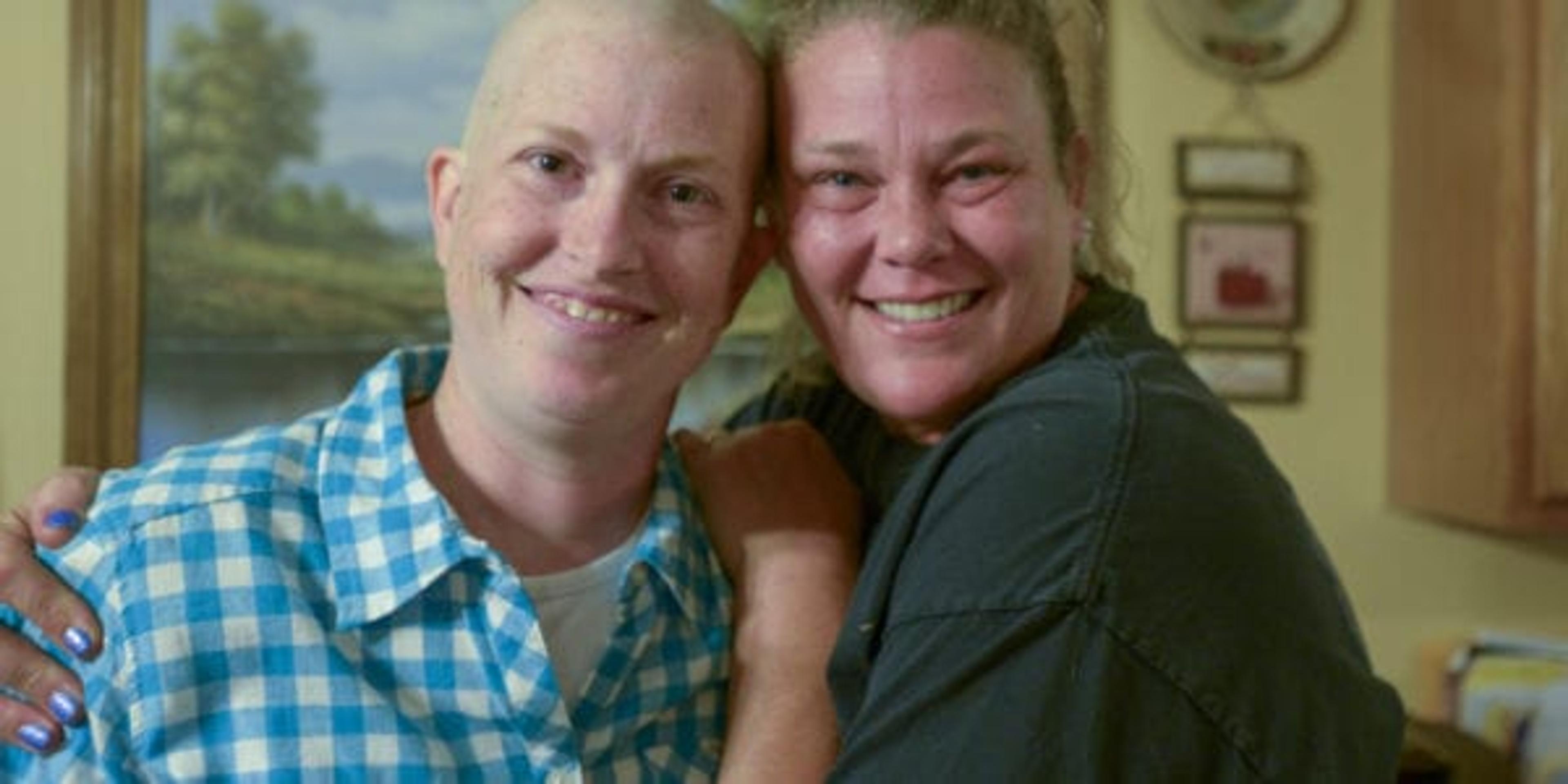Ways to Support a Friend in Breast Cancer Treatment
| 4 min read

Finding out a friend has been diagnosed with breast cancer can be extremely difficult news. What should you say? What can you do to show her you care?
Many organizations will raise awareness and funds this October in recognition of Breast Cancer Awareness Month. In addition to showing your support as part of this national effort, consider the impact you could have by taking time out to support a family member or friend with even the smallest gesture.
Here are a few ways to consider supporting someone through breast cancer treatment:
- Offer to drive her to chemotherapy. Patients may not be able to drive themselves to and from treatment. Depending on where the patient is at in the treatment process, this could take up a portion of your day but will be much appreciated. Even though she may doze in and out, the company can be reassuring. Pack a small cooler with snacks from home such as cheese, applesauce or yogurt to bring variety to what might be offered at the hospital.
- Stop by for a (short) visit at home. Consider dropping by for a visit, but keep in mind your friend may have limited energy. She may not feel comfortable telling you it’s time for the visit to be over, so keep it brief — just enough to say hello and catch up on friendly conversation.
- Think of her when you run errands. Patients can be prevented from driving for extended periods of time if they are undergoing surgery as part of their treatment. Keep your friend in mind if you go to the market or out to run errands in case she needs anything. She may be interested in a chance to get out of the house to do some shopping or grab a quick lunch, or she might just ask you to pick up an item for her.
- Give a thoughtful gift. A soft, silk pillowcase can be a huge comfort for a sore scalp. Massaging body oils with a small baby brush may help stimulate future hair growth. Hats and scarves can be beautiful gifts for breast cancer patients who experience hair loss. Consider getting a group together and hosting a “hat party” for your friend, where everyone brings a hat or scarf.
- Drop off a home cooked meal. A home cooked meal can be an amazing gift, but check with the family to see what the patient is able to eat. Chemotherapy can be difficult on the digestive system and there may be other dietary restrictions. Acidic foods like tomato sauce may not be a great choice. Sometimes bland, comforting foods are best.
- Share an audio book or some magazines. Patients who experience so-called “chemo brain” may appreciate the ease of being entertained by an audio book if they have trouble concentrating but still want to enjoy a good book. Tabloid or other “mindless” magazines can be a good distraction as well.
- Help with housework. Grab your gloves and scrub brush and head over to help with tidying up around the house one weekend. Do a load of laundry, wipe down the kitchen, vacuum or just take out the trash. Be aware that some patients may be sensitive to strong smells and cleaners. You can also consider gifting a maid service or submitting a request through Cleaning for a Reason, a nonprofit that provides free house cleanings for women undergoing cancer treatment.
- Go for a walk together. Walking can be difficult for some patients depending on the intensity of treatment, but getting out and going for a walk can be a great way to help. She might need to take it slow, but it will be easier if she has your company and encouragement.
Do you have tips for helping a friend through breast cancer treatment? Share your suggestions with us by leaving a comment below.
If you liked this blog, you might want to check out:
Photo credit: North Carolina National Guard Flickr





